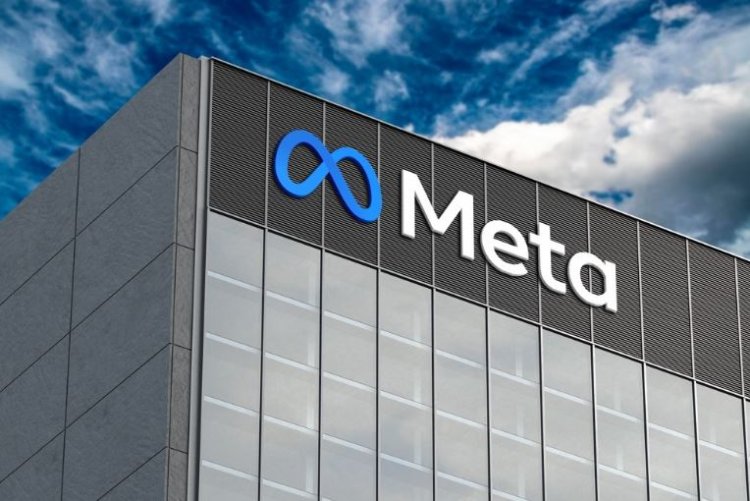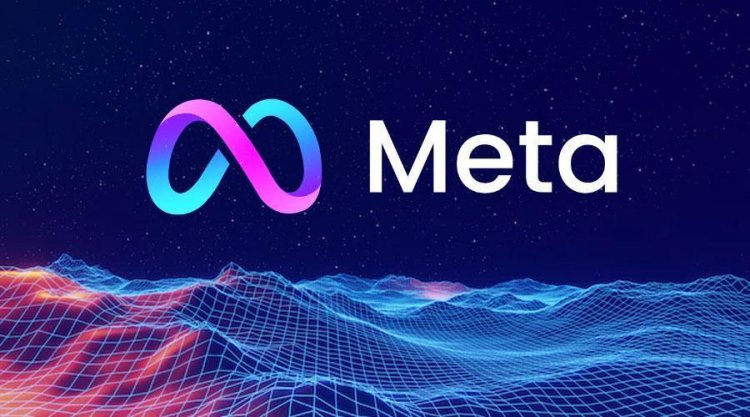Meta prohibits politicians from using artificial intelligence in propaganda

Meta, the company that owns Facebook, has banned political marketers from using its new advertising products powered by generative artificial intelligence, to limit the spread of election misinformation.
Meta revealed the decision in updates posted to its Help Center on Monday evening. Its new standards prohibit ads containing posts that have been proven to be false by the company's fact-checking team.
“We continue to test new tools for creating generative AI ads in Ads Manager,” the company said in a note explaining how the tools work. “We currently do not allow advertisers running campaigns such as housing, employment, credit, social issue, election, political, health-related, or pharmaceutical ads.”Or financial services using the advantages of generative artificial intelligence.”
“We believe this approach allows us to better understand the potential risks and build appropriate safeguards for the use of generative AI in advertising on potentially sensitive topics in regulated industries,” the company added.
“The use of generative AI in political advertising is clearly an area where we need to update our rules,” Meta’s chief policy officer, Nick Clegg, said last month.
He warned ahead of the recent AI Safety Summit in the UK that governments and technology companies alike should prepare to use technology to interfere in the next election in 2024, calling for a particular focus on election-related content that moves from one platform to another.

It is worth noting that Meta strictly prohibits misleading AI-generated videos in all content, including unpaid organic posts, with the exception of parody or satire.
The policy update comes a month after Meta - the world's second-largest digital advertising platform - announced that it had begun expanding advertisers' access to AI-powered advertising tools, which can create backgrounds, image adjustments and more.
The tools were initially made available only to a small group of advertisers starting in the spring, and the company said at the time that it was on track to roll out to all advertisers globally by next year.
Competing companies
Meta and other technology companies have been competing to launch innovative advertising products powered by artificial intelligence and virtual assistants recently, given the sector's boom after the emergence last year of OpenAI's ChatGPT, which can provide human-like written responses to questions and other prompts.
The companies have released little information so far about the safety barriers they plan to impose on those systems, making Meta's decision on political ads one of the most important industry AI policy choices to emerge yet.
Likewise, Google, the largest digital advertising company, announced the launch of AI-generated ad tools for image personalization last week.
Google also planned to update its policy in mid-November to include election-related ads if they contain “artificial content that incorrectly depicts real or realistic-looking people or events.”
TikTok bans political ads, as does Snapchat's owner in its chatbot, and uses human review to fact-check all political ads, which includes screening for misleading use of artificial intelligence.
However, X, formerly known as Twitter, has not yet rolled out any AI-powered generative advertising tools.


 Shrouq
Shrouq 












